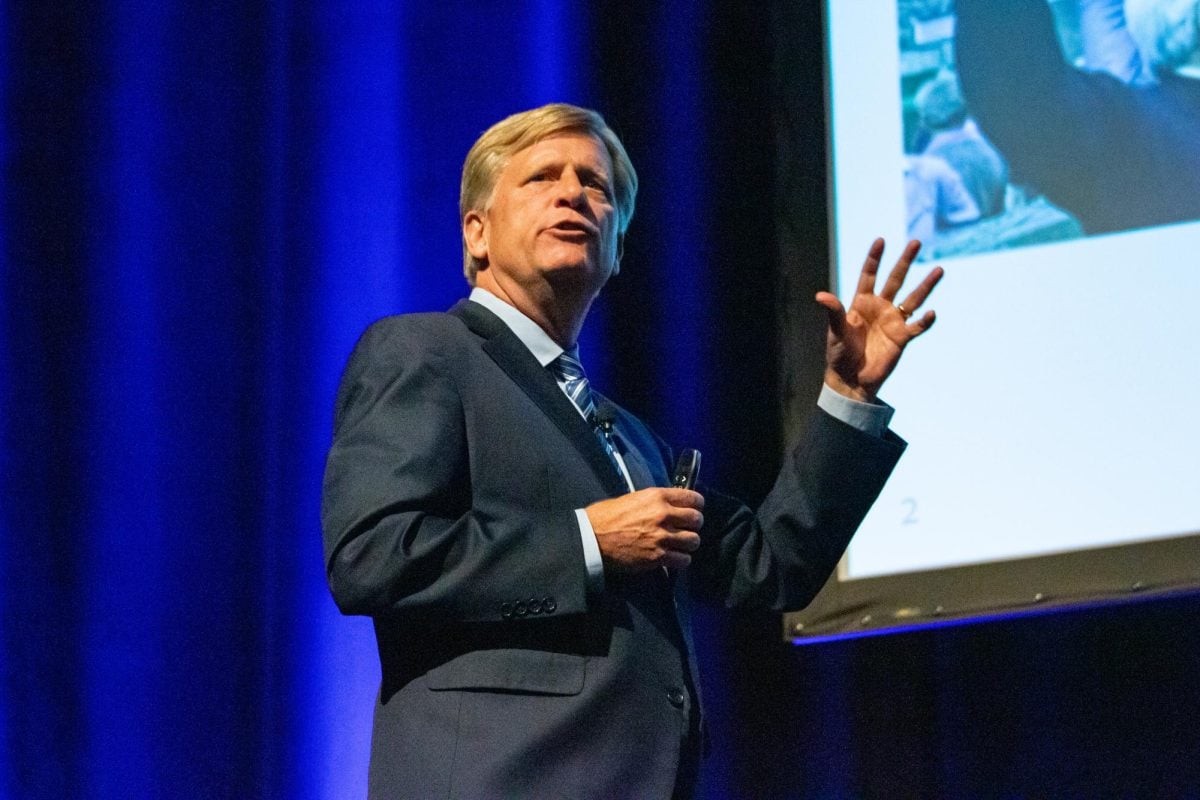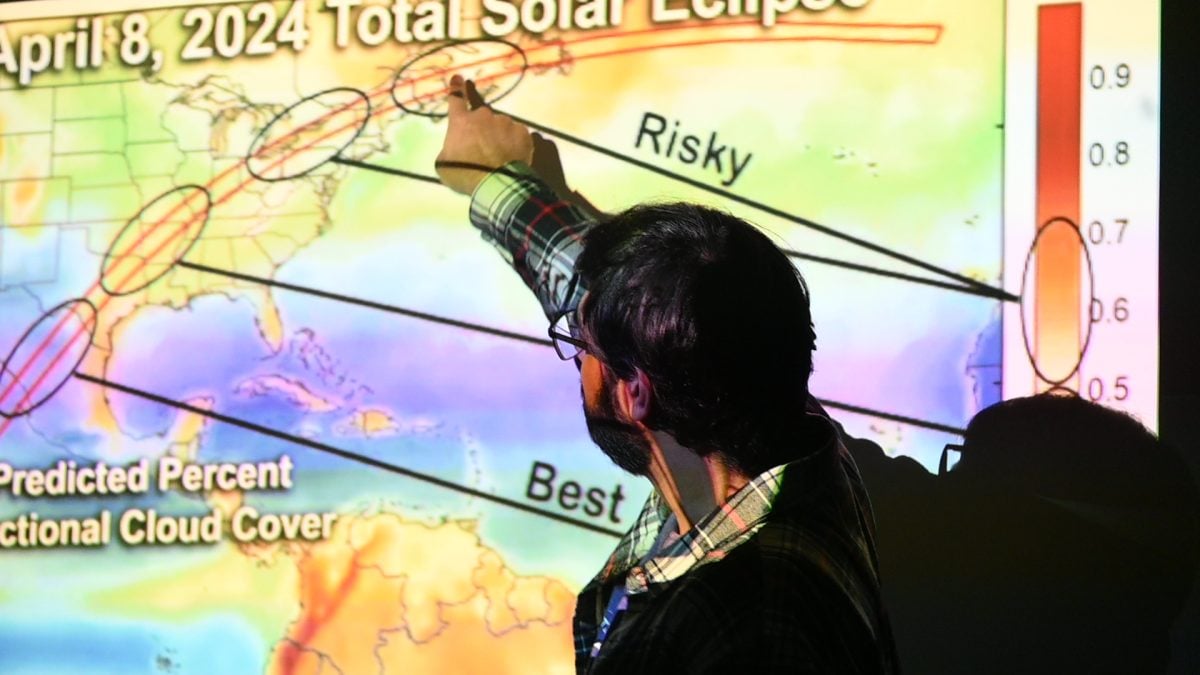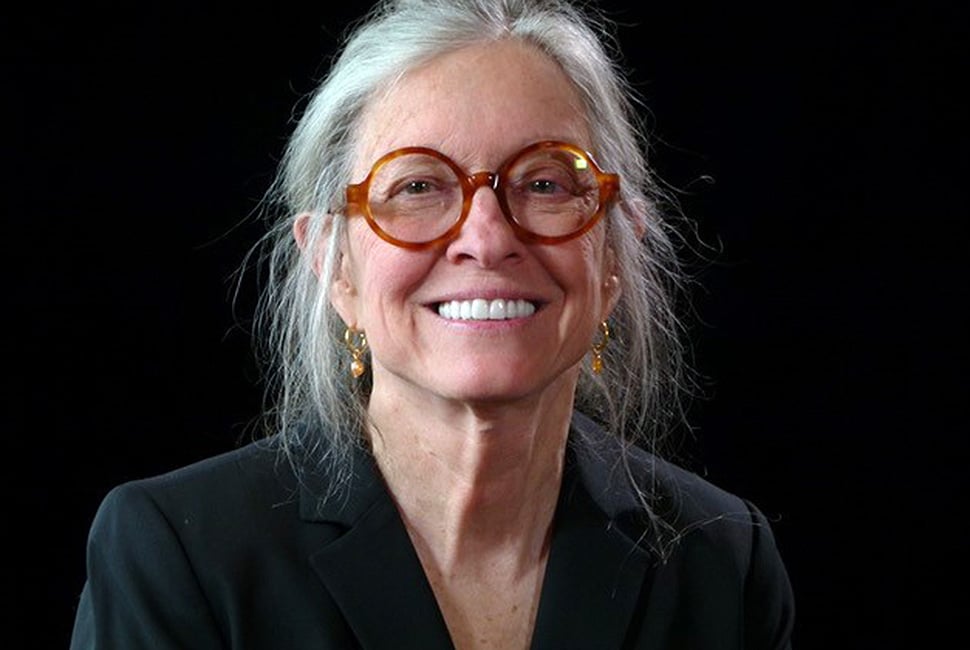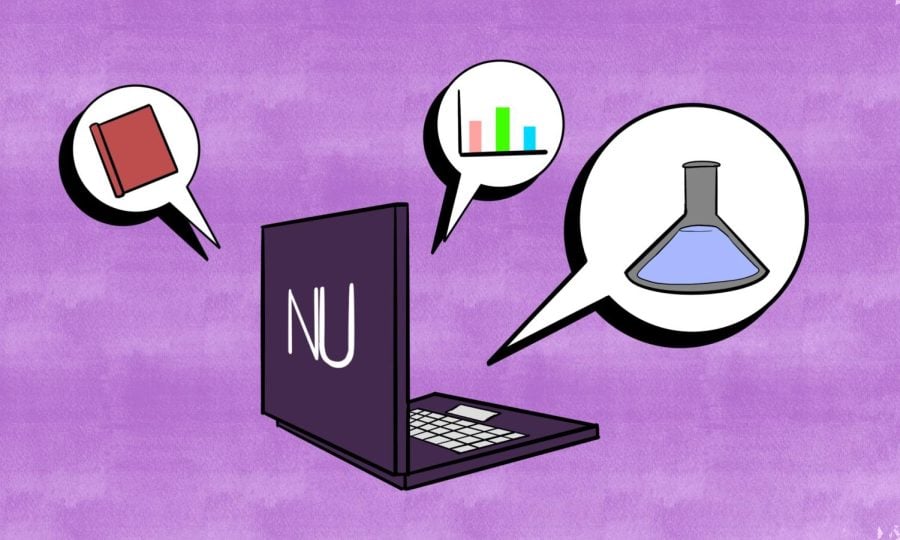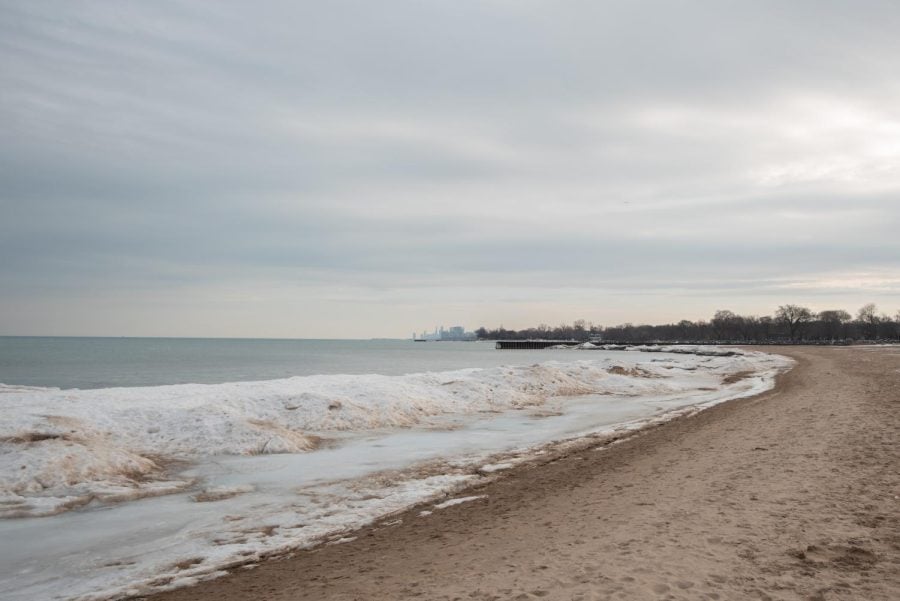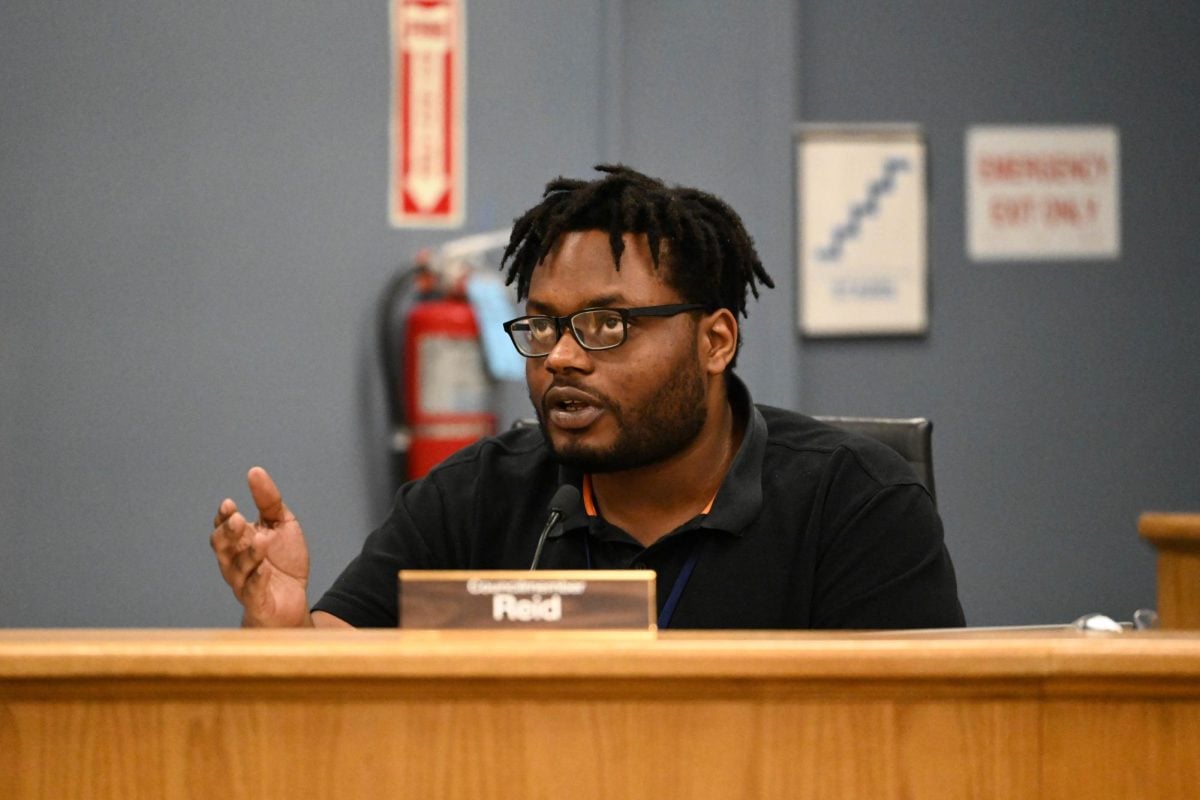Former U.S. ambassador to Russia Michael McFaul delivered the 34th annual Richard W. Leopold Lecture at Cahn Auditorium Tuesday night. The lecture discussed international relations between the United States, Russia and China.
Citing his experience in the Obama administration and as a Stanford University professor, McFaul addressed rising tensions between the world powers.
McFaul said autocracies like Russia and China are threatened by democracy, and authoritarian regimes grow weaker as democratic institutions grow stronger.
Weinberg freshman and lecture attendee Mia Quirino said regardless of one’s political affiliation, opportunities to listen to experts like McFaul are hard to pass up.
Weinberg freshman Ari Globerman also attended Tuesday’s Leopold Lecture. He said he was eager to listen to an expert on U.S.-Russian relations.
“I am Russian and have cousins in Russia … I would like to hear the perspective of someone who is so invested in (U.S.-Russian relations),” Globerman said.
Following the lecture, McFaul answered questions posed by history Prof. Deborah Cohen. The two debated the impact individual leaders can have on historical outcomes.
In an interview with The Daily afterward, McFaul addressed the military and humanitarian crisis caused by the Israel-Hamas war after briefly mentioning it in the lecture. He praised the choice to “call terrorism, terrorism” but also said it was essential to provide more “shelter and assistance” for Palestinians in Gaza.
“I’m quite impressed with the Biden administration’s diplomacy right now,” McFaul said. “These are really hard issues … I think they’re doing the right thing.”
McFaul said he was uncertain of Russian stability in light of the Russia-Ukraine war and the Wagner Group’s uprising earlier this year.
McFaul said whether or not the Russian government will retain power is “one of the most important questions in the world” and he did not know the answer to it. But, according to McFaul, Putin overreached by declaring war in Ukraine.
“There’ll be some kind of political change, maybe not full-blown democracy, but something less reactive, less belligerent than Putin is today,” McFaul said.
McFaul will soon be publishing a book tentatively titled “Autocrats vs. Democrats: Lessons from the Cold War for How to Deal with China and Russia Today,” which will cover in greater depth the topics he discussed Tuesday night.
Email: [email protected]
Twitter: @JohnSisco37180
Related Stories:
— Pulitzer-winning author Elizabeth Kolbert talks climate change at annual Leopold Lecture
—Russian journalist Maria Lipman speaks on Russian citizens’ sentiments toward the war in Ukraine
— Former UN Ambassador Samantha Power reflects on career in diplomacy, journalism











